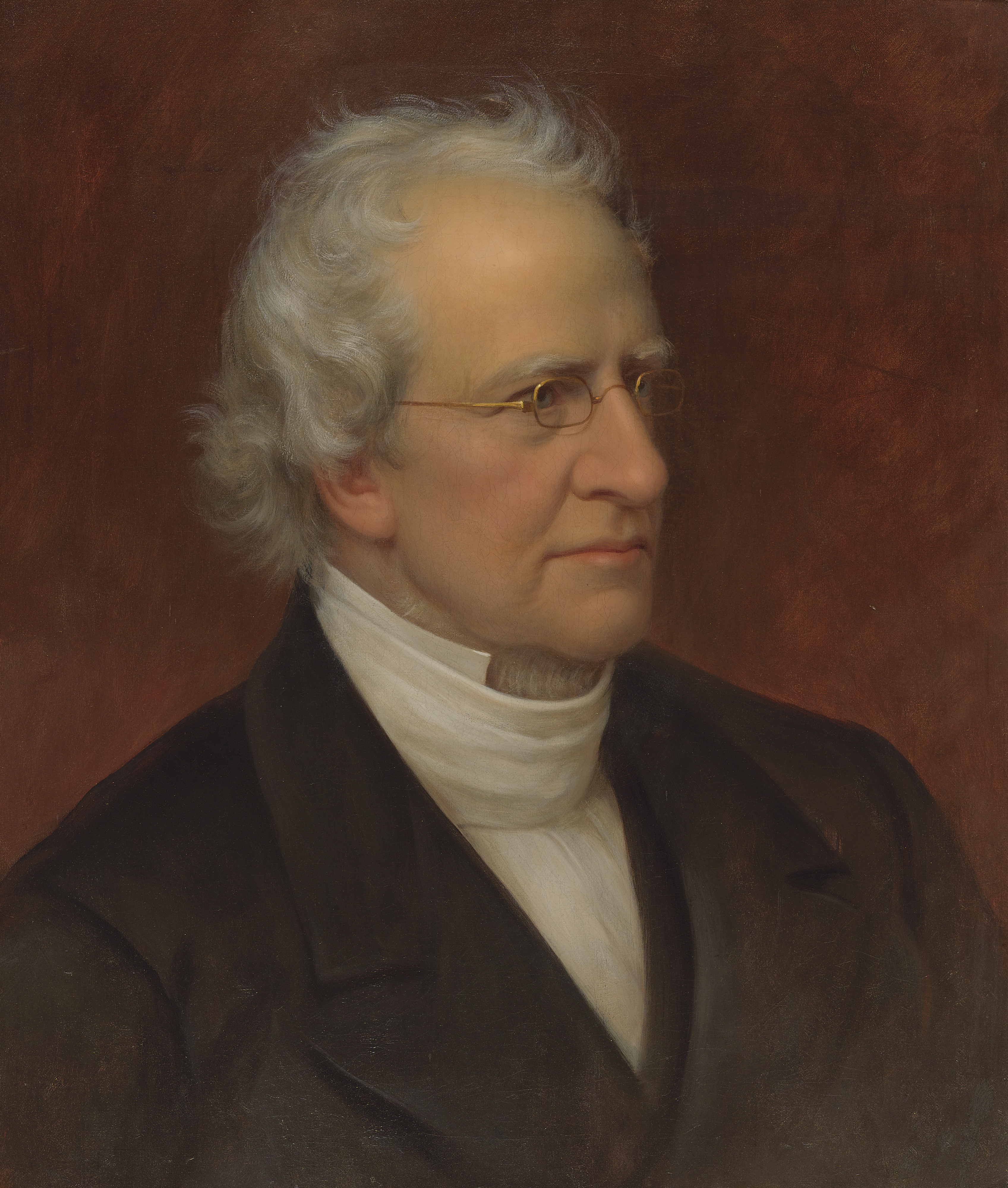Introduction
About the Author
Wendy Olmsted is Associate Professor in the New Collegiate Division and in the Humanities Division at the University of Chicago, as well as an Associated Faculty Member in the Department of Classics (PAMW). Her previous publications include A Companion to Rhetoric and Rhetorical Criticism, co-edited with Walter Jost (Blackwell Publishing, 2004), and Rhetorical Invention and Religious Inquiry, co-edited with Walter Jost (Yale University Press, 2000).
Methodology of the Author
Philosophical
Summary of Contents (Excellence)
Part I: Classical Rhetorical Traditions
Rhetoric: An Historical Introduction explores rhetoric as a practical art of deliberation and judgment that can best be taught and learned through historically specific examples of argument and interpretation. At the same time, speakers and writers shape the community’s character, beliefs, and ideas. Because rhetoric is not a perfect method for informing choice and judgment, it seeks to discern the best possible choice or judgment in a particular situation. Speakers need to consider the available facts and arguments (logos), how they manifest a trustworthy character (ethos), and how to produce reasonable emotion in an audience (pathos). The interpreter of the Bible seeks an ultimate truth (logos) but runs the risk of confusing the things that should be used with the things that should be enjoyed for their own sake.
1. The Rhetorician: Demagogue or Statesman? Plato’s Gorgias and Aristotle’s Rhetoric
Socrates rejects belief and opinion as modes of knowledge and uncovers the hypocrisy of the demagogue who seduces his audience through flattery, saying that flattery takes “no thought at all of whatever is best.” He (Plato) rejects the role of practical wisdom in politics and argues instead that citizens ought to consult experts, scientists, or philosophers, whose knowledge begins from universal principles and provides an explanation of causes. Aristotle agrees that rhetoric is not a science, that it has no specific subject matter, and that it produces belief, not knowledge; but he defends its truth and usefulness. While acknowledging that rhetoric easily warps the emotions of the audience, Aristotle’s Rhetoric offers the first account of rhetoric as the power of finding arguments to inform decisions. Aristotle aims to improve the speaker’s ability to investigate facts and arguments, as well as what is just or unjust about particular actions. Speakers show that they are credible by reasoning well about practical matters and by showing that they are trustworthy, honest, and have the audience’s interests at heart. The three sources of persuasive materials: Speakers show that they are credible by reasoning well about practical matters and by showing that they are trustworthy, honest, and have the audience’s interests at heart. The Rhetoric brings style and emotion, sought by earlier orators for their power to manipulate audiences, into close relation to argument.
2. Eloquence, Persuasion, and Invention: Cicero’s De Oratore
If Thucydides and Aristotle elevate deliberative rhetoric to make it the basis of political community, Cicero celebrates eloquence because it contributes to the “benefit of mankind.” Cicero’s emphasis on persuasion suggests that the chief purpose of oratory is to arouse passion. De Oratore debates the relative importance of knowledge and emotion by arguing on both sides of the question and allowing readers to arrive at a decision. As we have seen, Aristotle’s headings of speaker, speech, and audience (ethos, logos, and pathos) point to places speakers can look for matter. Aristotle argues that the orator’s ethos should be displayed in the speech, but Cicero relies on the character that a speaker or a client has achieved in public office.
3. Rhetoric and the Search for God: Augustine’s On Christian Doctrine and Confessions
Augustine creates a dramatic turn in the history of rhetoric by adapting rhetorical invention to the goal of interpreting the Bible. By encountering new arguments that changed his character, led him to wisdom, and inflamed his heart, Augustine was converted from eloquence to philosophy and then to Christianity. Augustine’s conversion to Christianity is prefaced by a period of reading and meditating. This book, using the full power of rhetoric and discovery, changes his affections (pathos), his idea of truth (logos), and his character (ethos), indeed his whole way of life.
4. Practical Reason or Interested Calculation? Cicero’s On Duties and Machiavelli’s The Prince
Whereas Augustine transforms Cicero’s treatments of emotions and style, Machiavelli explores how to adapt, correct, and reject customary topoi in considering new particular circumstances. The Rhetoric addresses the topics of good action, wealth, friends, and happiness, the activities that promote these ends. Likewise, Cicero uses topoi of “the honorable” and “the beneficial” to discover particular actions that facilitate desirable ends. He teaches his readers to exercise wise control over circumstances by cultivating virtue rather than reacting to events. Machiavelli’s rhetoric cuts against custom and religion, including the humanist interpretations of On Duties, dramatizing the almost shocking single-mindedness he advocates for the prince. Without arguing that Machiavelli directly derived this strategy from On Duties, I will note that Cicero, like Machiavelli, brings his precepts in line with hard cases to force his reader to give up their customary beliefs.
Part II: Classical Rhetoric and Literary Interpretation
5. Tradition and Invention: Bacon’s Aphorisms and the Essays
Bacon shares many of Machiavelli’s preoccupations but does not aim exclusively to increase the rhetorical and political agency of a leader; instead, Bacon also attends to human agency over nature. Bacon’s treatment of rhetoric moves away from Ramism toward an art capable of informing political deliberation and persuading others. It draws on resources of reasoned argument (logos) and emotion (pathos) and character (ethos) to make arguments that are probably true, manifest the trustworthiness of the speaker, and move listeners toward rational action. The essays sometimes affirm and, at other times, redefine central terms and commonplaces; they bring up difficult cases and use negative instances to challenge readers’ assumptions. Likewise, the Essays sometimes affirm maxims and sometimes criticize or revise them in order to direct inquiry into particulars. By refuting false beliefs, Bacon produces a more adequate method for investigating and understanding the subjects of his essays, subjects such as proper praise, praise of oneself or one’s office, honor, anger, envy, and friendship. The Essays also teach ways to use pathos and ethos well. Bacon confronts the disadvantages of speaking of oneself at all. He argues that “speech of a man’s self ought to be seldom and well chosen.” Indeed, Bacon writes, “There be so many false points of praise, that a man may justly hold it a suspect.” However, Bacon’s uses of maxims and aphorisms, though provoking and challenging, do not subvert the ideas of praise or of ethos. Unlike Aristotle, who focuses on the character a speaker presents in the speech, Bacon agrees with Cicero that the speaker’s previous reputation in society influences an audience’s judgment of his character. Many psychologies and books on counsel advise readers to avoid solitude in favor of educating themselves and bringing stability to their emotions by means of conversation with others in company. Bacon’s treatments of ethos and pathos also confront received opinion of rhetoricians about the desirability of displaying character through speech and of praising oneself or others.
6. Deception, Strong Speech, and Mild Discourse in Milton’s Early Prose and Paradise Lost
John Milton wrote during a turning point in the use of rhetoric when persuasive argument explicitly confronted radical social, political, and religious differences. Milton calls for free, open, agonistic speech. Paradise Lost exhibits both strong and mild speech. Abdiel uses angry confrontational speech, and Adam and Eve use mild speech. Both vehement and gentle speeches play a role in bringing to light Satan’s sophisms and hypocrisy. Paradise Lost’s Satan is a demagogic orator, a deceiver, a consummate actor, and seducer, the antithesis of the plain-spoken Abdiel. He manipulates the emotions of others by merging with their desires, disguising himself, and becoming polymorphous. He breaks down the boundaries between self and other, and, finally, between God, human, and beast. Satan, though a snake, copies human speech and moves with Eve as she walks. For example, when a distraught Eve confesses a disturbing dream to Adam in which Satan tempts her to eat of the fruit, Adam responds in the gentle mode of counsel.
7. Prudence and Eloquence in Jane Austen’s Persuasion
Because she cannot subscribe to the ideas of good that her family embraces, Anne, though prudent, remains unheard and little valued. Anne is “rejected as no good at all,” and she is “no good” in light of the beliefs and values of her family. In order to grasp the importance of her new insight, we need to recognize that her blight and loss of hope at her abandonment of her engagement with the only person with whom she could speak fully and freely took place because she confused two modes of discourse about what it means to be practically wise. Excellence in this sphere depends on people’s ability to accept the reality of their circumstances and shape them into the best outcomes possible. In order to understand Anne’s choice to renounce her engagement even though she did not agree with her father about the importance of wealth and rank, we need to understand that the subculture of the aristocracy is represented in the novel as having two modes of discourse, one based on precedence alone and the other founded on an ethics of nobility. Anne and Lady Russell speak in terms that define nobility not just by rank, but also by what is ethically good. Sir Walter and Elizabeth, by contrast, have reduced the full range of aristocratic discourse to the concern for precedence and reputation. The older order of hereditary nobility and property is cleanly rejected in favor of the newer world of enterprise and achievement.
Part III: Rhetoric and Contemporary Disciplines
Part III argues that contemporary thinkers in literary studies, politics, and law draw on the classical ideas of ethos, logos, and pathos, along with rhetorical arguments, to redefine the boundaries and relevant materials of their disciplines. Rhetoric can heal misunderstanding and even abuse, making it possible to respect others as distanced and distinct from ourselves. Modern and postmodern thinkers use language with an awareness of how it alters with time and shifts in community values. Whereas ancient rhetoricians seemed confident that they shared common ground with their audiences, modern rhetorical writers must often discover common ground. In our pluralistic world where we often do not share values, readers and authors work to find the common ground that allows them to communicate and interpret judgments, evaluations, and emotions.
8. Literary Criticism and Rhetorical Invention: Wayne C. Booth’s The Rhetoric of Fiction and Stephen Greenblatt’s Marvelous Possessions
Booth’s literary critical works take up the rhetorical distinctions of author, work, reader, of ethos, logos, and pathos, of topic, argument, deliberation, and judgment to discover previously unnoticed facts and arguments about how English and American novels can be read judiciously. The yield of Greenblatt’s approach is rich and full of surprises. For example, he notes that from antiquity the marvelous had produced not only “fascination” but also “authentication.” Greenblatt closes by insisting that Montaigne refused to “possess the souls of others.”
9. Faction, Politics, and Rhetorical Invention: Eugene Garver’s For the Sake of Argument and Danielle S. Allen’s Talking to Strangers
“Black” and “white,” “right” and “left,” “evangelical” and “secular,” are labels that make differences rigid, threatening the common ground that supports democratic deliberation. When citizens lose faith that a political organization will attend to interests, they flee, withdraw, or look for new political allegiances. Instead, citizens need to strive for political friendship and equality and use rhetoric to heal the social, economic, and political injuries that inevitably occur as a result of political decisions. Rhetoric fosters trust and equity. Persuasion does not manipulate audiences into heedless action. Instead, the speaker makes the best possible argument and leaves the decision up to the audience. But arguments that manifest ethical commitments (ethos) cannot generate trust by themselves. Even when an audience is convinced by a speaker’s analyses of facts and her equitable, rule-abiding character, painful emotions like anger, fear, indignation, and envy may persist. These emotions need to be addressed. Democratic governance requires deliberation, persuasion, and compromise, but “these all presuppose the trustworthiness of words.” We do not trust others simply because they share our philosophical or religious opinions. Rather, we trust them because of their integrity, reliability, and goodwill along with their ability to discern factual and perspectival truths. Truth is not relativistic; believing that someone’s stories were only “true for them” would have meant not taking the stories seriously.
10. Legal Reasoning, Historical Contingency, and Change: Edward H. Levi’s An Introduction to Legal Reasoning
Historically, rhetoric was intimately connected to the law courts. In classical Greece, rhetoric was taught to citizens so that they could defend themselves in court and deliberate in the assembly. In Rome, advocates used oratory to plead on behalf of their clients. There we found that rhetoric heals emotions associated with loss by changing people’s interpretations of events and by discovering new factual and narrative truths. An Introduction to Legal Reasoning considers legal rules or topics in the context of their use in particular cases. Levi’s analysis of the history of the Mann Act shows the extent to which legislatures and courts are influenced by community values and how they in turn influence those values. Levi emphasizes legal reasoning as a process that constantly assesses and reassesses such changing things and circumstances.
Reflection (Critics)
For rhetoric is all about (based on the Aristotle definition) the ability, in a particular case, to identify the available means of persuasion, I appreciate it very much. It helps deliberative, forensic, and epideictic in very decent ways. I appreciate how she presents it in terminologies like logos, ethos, and pathos ways of artistic proofs.
Critical Question
The Confessions reading of Genesis emphasizes that one word can be understood in a multiplicity of ways. Because people read the Scripture in light of their own lives, their insights differ. If the Scripture is intended to present general truth, why couldn’t we arrive at the same conclusion?




